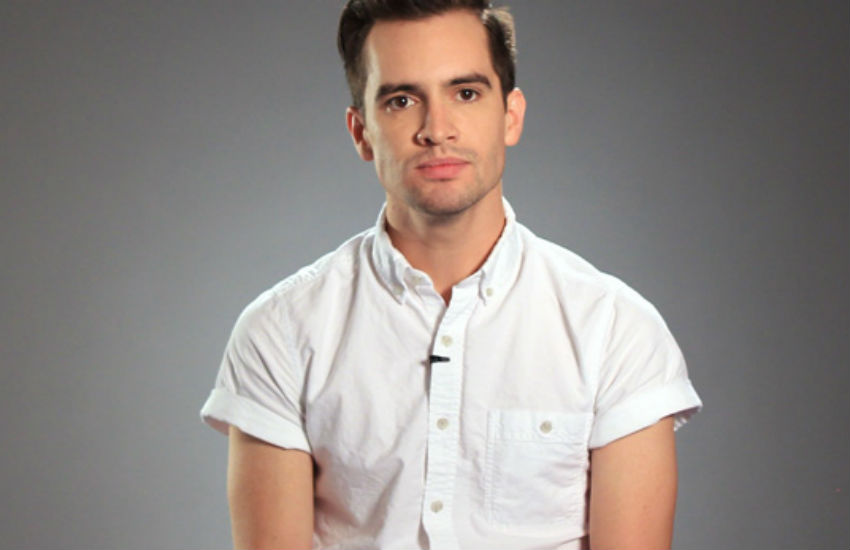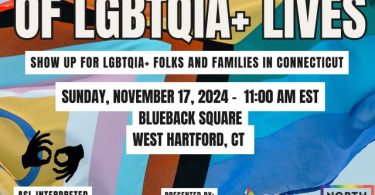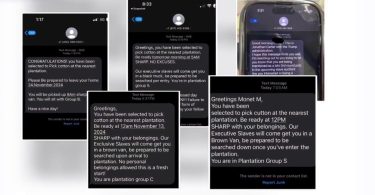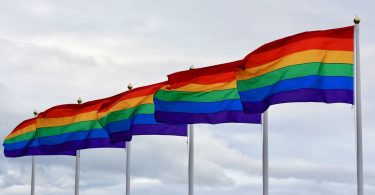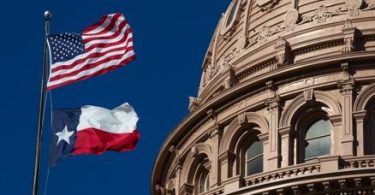Brendon Urie: How do I even begin to describe him?
He’s the guy I had an almost insatiable crush on as a teenager; owner of the drool worthy face that was plastered all over my bedroom walls when younger. And, in case you’ve never heard of him, he’s also the insanely talented lead singer of emo royalty, Panic! At The Disco.
Now, years on, he’s once again snatched my attention by coming out as pansexual.
Urie’s ‘coming out’ wasn’t anything gasp worthy for me. In fact, he’s hinted towards his fluid sexuality before (although it’s important for us to remember that people should always be allowed to choose when they want to come out.).
No, for me Urie’s announcement caused me to take a stroll down memory lane to a time where I, a former emo kid, was helped greatly by his music, aesthetic and dedication to the LGBTQ community.
I opened Spotify, searched A Fever You Can’t Sweat Out, cranked up the volume, and hit play.
Brendon Urie (Photo: Lunchbox LP | Flickr | CreativeCommons2.0)
Discovering Panic! At The Disco
There I was, sitting crossed legged, staring out across my friend Thom’s bed. I’d been waiting for this moment, for a chance to speak up about my crush … on him.
I sat through different varieties of awkwardness, listening to time tick by while Panic! At The Disco blasted out from the speakers and filtered across the room. At the time I was in my teens, so every emotion was comically amplified. This felt more like a proposal.
About five minutes later I blurted it out and, to cut a tragically beige story of unrequited teen love short, he said he didn’t feel the same. Mainly because he wasn’t, ‘into guys.’
That day has stuck around in my memory ever since. Not because it was the first of the long-list of rejections I so often harp on about, but because it was the first day I ever heard Panic! At the Disco.
On bus ride home, I slipped my earphones in and turned on my baby-pink iPod mini. I couldn’t wait to get back and update my music library with some further Panic! My affections for Thom had vanished; it was the dreamy Brendon Urie for me now.
This wasn’t the first time I had heard emo or pop-punk music. Bands like Dashboard Confessional, Fall Out Boy and The All-American Rejects started had already started filling my MP3 player. But until that point my music genre of preference was more gothic rock.
I adored every female fronted band with drop-tuned guitars and soaring powerhouse vocals. I mean, what gay kid hasn’t worshipped Evanecsence’s Amy Lee at some point? (Fun fact, I still do.).
But it was after that day that I began experimenting.
Embracing emo
The moment I got home I opened whatever platform I used to download music back then, armed with only one intention: Adding more and more bands to my playlists. A day or so later and I now had hours’ worth of pleading emo singers at the ready.
The bands I worshiped were now fronted by gender-bending, guyliner-wearing, nail-polish sporting guys. I was emotionally stirred by the words of Urie, Pete Wentz and Gerard Way.
I’d take a magnifying glass and dissect the bridges, verses and chorus, finding lines that would help to articulate how I felt. I’d log on and change my screen name, with Panic! At The Disco lyrics securing that prized spot (I miss expressing my teen angst via MSN messenger.)
In the shower I’d belt out, ‘He tastes like you only sweeter!’, while rinsing acne wash off my face. My dad would get annoyed, but that was probably more because of my off-key shower warbling.
This music gave me a platform to express my sexuality. As a wave of hormones swept my teenage body, the emo movement tidal-waved its way across the world. Homoerotic antidotes and lyrics sung by guys that subverted gender roles took over and helped soothe the burn of small-town homophobia.
Beautiful sexual fluidity
At the time, in my backwater hometown, there wasn’t much a ‘scene.’ The scene as it existed was the colloquial term for rock and pop-punk devotees who felt ‘outcasted.’
The music didn’t only help me meet and start speaking to new people. Emo and pop-punk allowed me to connect with straight guys for what seemed like the first time in my life, even if it was mostly online. It didn’t help me feel like less of a freak, but it made me realise that it’s OK to be different.
The fact the front men of these bands were so open about the fluidity of their sexuality wasn’t only inspiring to me, it also helped raise awareness for LGBT youth more generally.
Remember the ‘Think Before You Speak’ Campaign? Let’s not forget Fall Out Boy’s infamous song title G.I.N.A.S.F.S – short for ‘Gay Is Not a Synonym for Shitty.’ These bands instilled a confidence in the younger me.
The lyrics fuelled my desire to be myself. The members’ androgynous style, tight clothes and shameless make-up wearing pushed me to do the same. I soon became the most combative guy at any party I could attend. If these guys could do it, then so would I.
Pivotal moments
When I ask my friends for an iconic music memory from their gay youth, the pivotal moment most of them cite is when Britney and Madonna shared that infamous onstage kiss. For me though it was when Fall Out Boy’s Pete Wentz and Cobra Starship’s Gabe Saporta made out on stage.
As an adult I’m more attune to the whispering of a PR team and know that some of the lyrics and acts were perhaps no more than PR stunts to attract attention. But seeing these guys – these attractive, successful and well-liked guys – embracing themselves and their sexuality, helped normalize the same-sex behaviour I feared would never be accepted.
Music by bands fronted by men like Brendon Urie helped me feel for the first time that I wasn’t alone.
See also
Panic! at the Disco lead singer Brendon Urie would make out with Ryan Gosling

